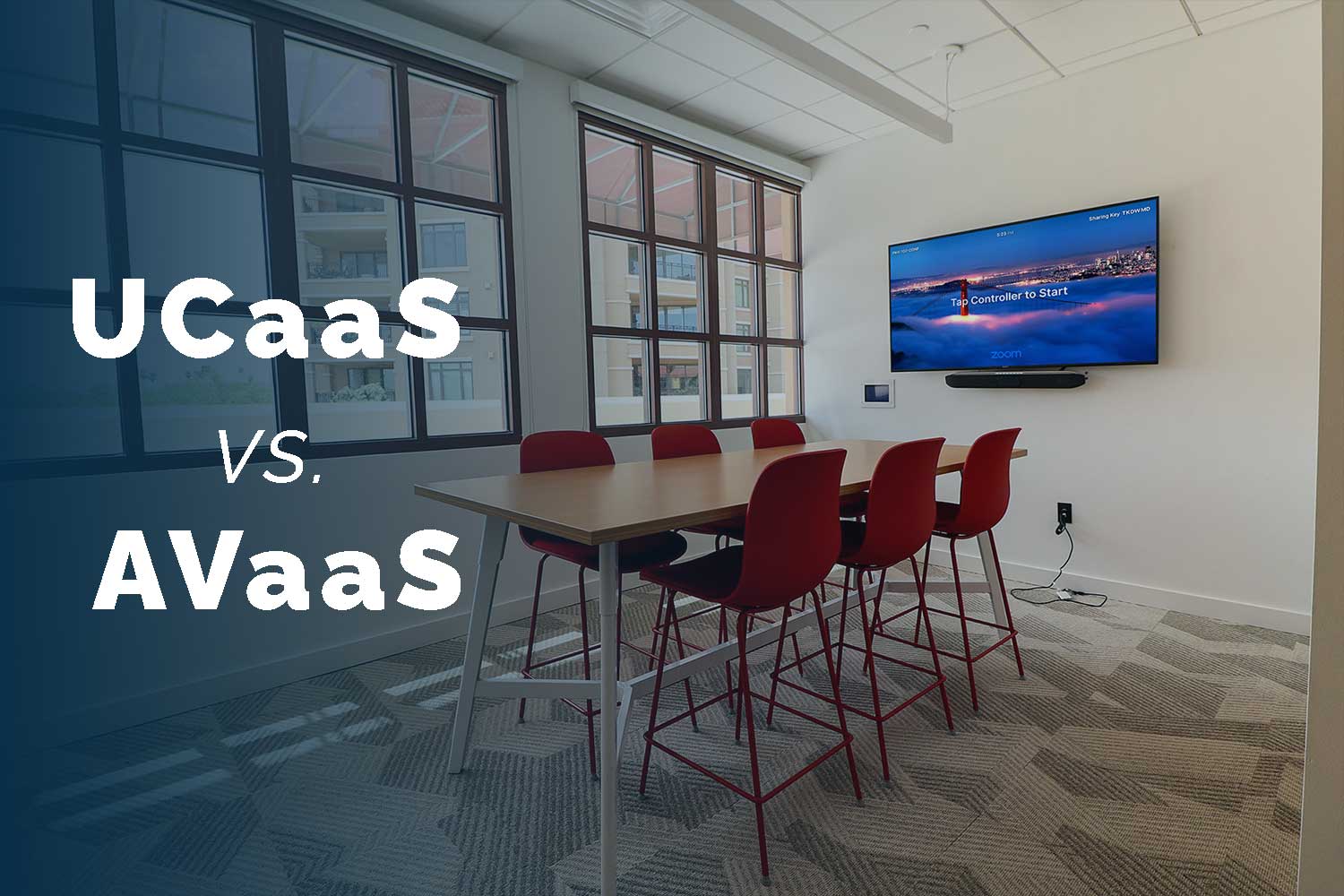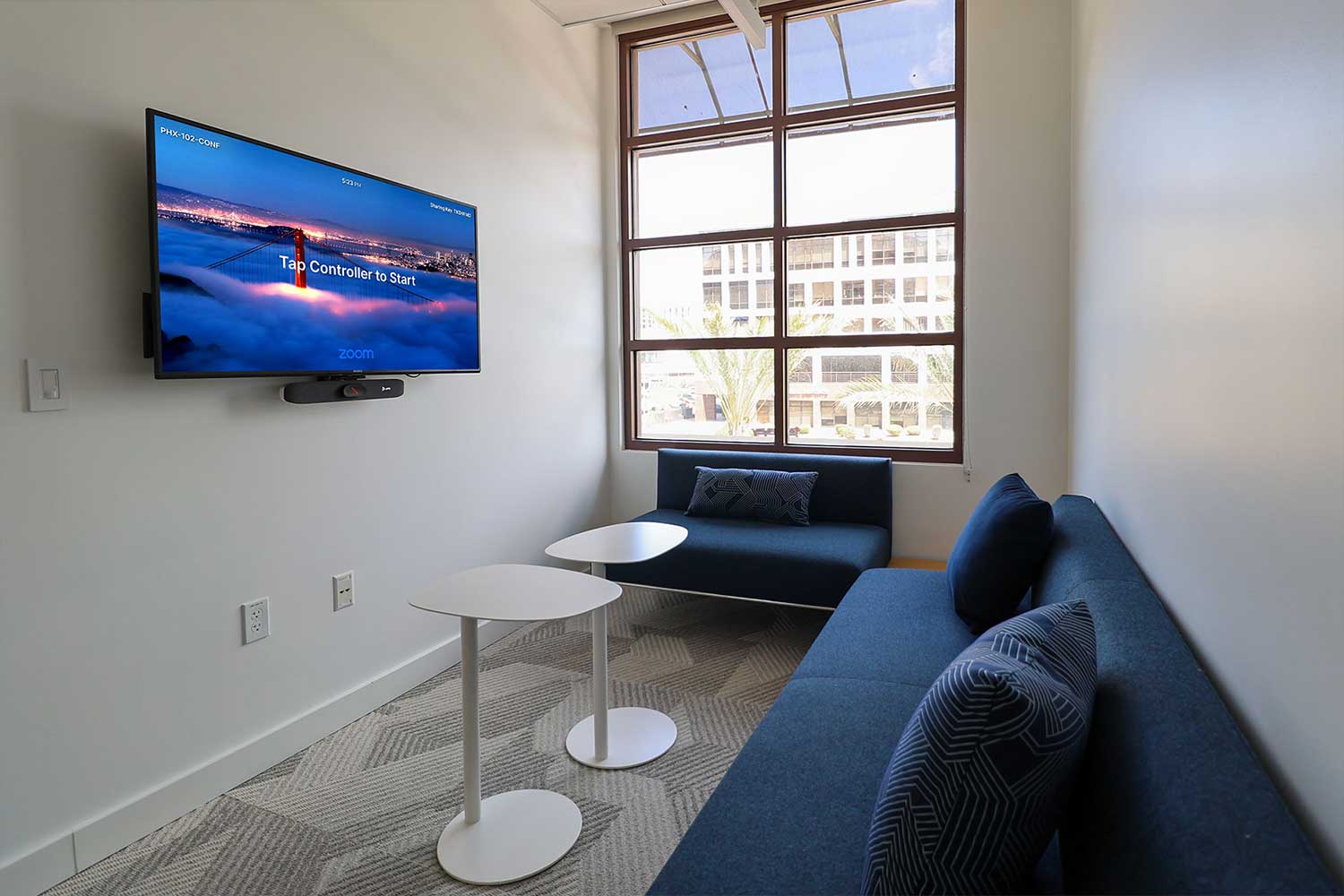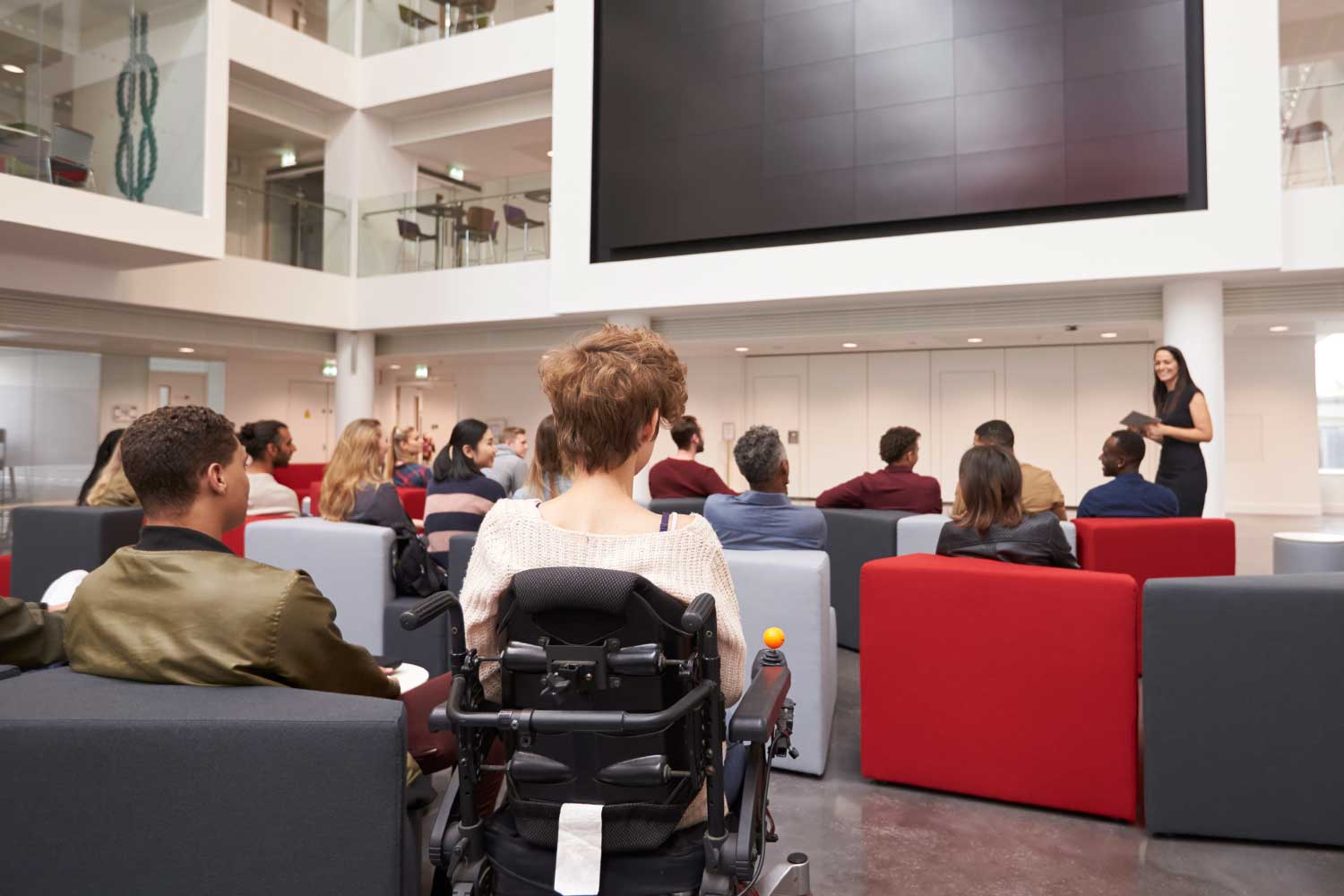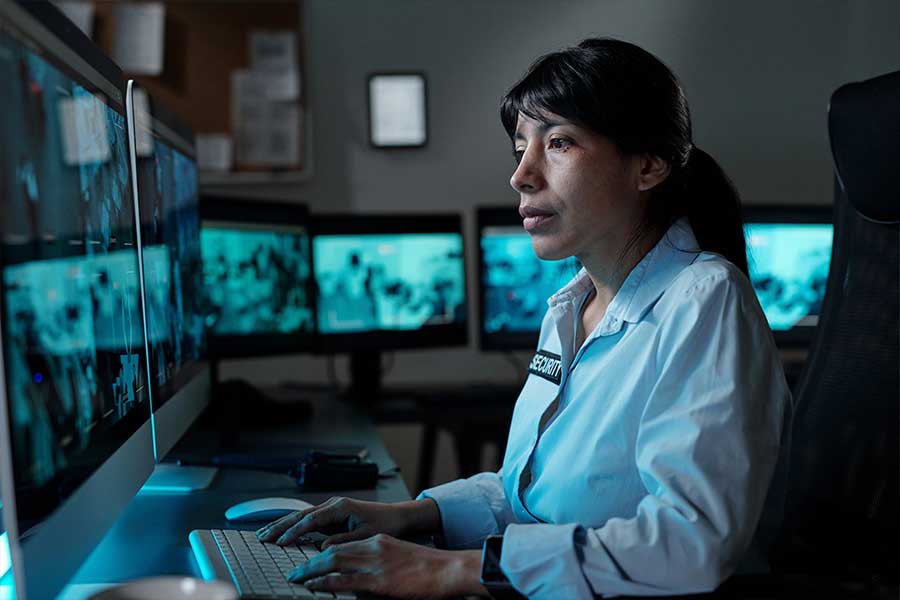At enterprise scale, decisions about workplace technology and enterprise AV are no longer confined to IT or facilities. They shape how organizations operate, align, and lead as part of a broader global AV strategy.
At enterprise scale, decisions about workplace technology are no longer confined to IT or facilities. They shape how organizations operate, align, and lead.
In large organizations, technology decisions rarely stay small for long.
What begins as a practical choice about tools or systems can quickly cascade into broader organizational consequences. A platform selected in one region becomes a constraint in another. A local workaround turns into a global expectation. Over time, technology choices start influencing behavior, culture, and even decision-making itself.
This is the point at which technology decisions stop being functional and start becoming organizational.
on Friday, 16 January 2026.
Enterprise leaders are increasingly rethinking how workplace technology, global AV strategy, and program-level execution support scale, consistency, and long-term performance.
For years, audiovisual decisions lived comfortably in the background of organizations, treated as localized technology decisions rather than part of a broader global AV strategy. They were practical, tactical, and often reactive. A conference room wasn’t working. A space needed an upgrade. A new office opened and technology followed.
At scale, that approach begins to crack. Small inconsistencies multiply, regional decisions diverge, and suddenly the technology meant to support collaboration becomes a source of friction.
Somewhere along the way, that quiet model stopped working.
Today, global organizations are discovering that workplace technology decisions, especially enterprise AV, are no longer isolated operational choices but core components of global AV strategy. They ripple outward, touching productivity, employee experience, risk, brand perception, and even an organization’s ability to scale. And as those impacts grow, so does the level of leadership paying attention.
This is why AV strategy is increasingly finding its way into executive conversations.
on Thursday, 15 January 2026.
The holiday season can place additional strain on families already facing financial hardship or housing instability. Increased expenses, limited resources, and colder weather often make this time of year more difficult. At Level 3 Audiovisual, our annual Adopt-A-Family Christmas Philanthropy Event is one way we provide direct, practical support to families in our community during this critical period.
For the seventh consecutive year, we partnered with H.E.L.P. (Homeless Engagement Lift Partnership) to support families in our local community. This year’s effort was our largest to date. In 2025, we adopted 16 families, supporting a total of 90 individuals, and $1,000 in donations raised to help make the holidays brighter for those facing hardship.
on Thursday, 08 January 2026.
Posted in Philanthropy
If you’re an IT Leader navigating the realities of enterprise collaboration, you’ve likely felt the growing pressure to simplify collaboration across your organization. Hybrid work keeps shifting, meeting rooms feel inconsistent, and your team absorbs the blame whenever communication systems fall short. On top of that, leadership keeps asking for more reliability and lower costs, while your technology environment becomes harder to standardize.
on Thursday, 20 November 2025.
Posted in AV as a Service, Hybrid Workplace Model
Huddle rooms should be the easiest collaboration spaces in any enterprise, yet they often become the most frustrating. IT leaders face constant pressure to standardize hybrid meeting experiences, eliminate unreliable devices, and meet end-user expectations all while staying within budget and maintaining interoperability across platforms. And despite best efforts, many huddle rooms turn into a mix of outdated equipment, mismatched vendors, and inconsistent user experiences.
on Wednesday, 19 November 2025.
Posted in Conference Room, Conference Room Audio Video , Conference Room Design
Every campus has that one room, the space everyone avoids booking because it never seems to work for every student. Maybe the audio misses soft voices. Maybe captions lag just enough to make lectures exhausting. Or maybe the layout makes it difficult for a student with mobility challenges to participate without drawing unwanted attention. For the teams responsible for supporting these spaces, it is more than an inconvenience. It is a reminder that even with the best intentions, the learning experience is not always equitable.
During a walkthrough at a large university earlier this year, a student paused outside a general education classroom before stepping in. "I always sit in the back," she said quietly, "because the microphones up front never pick me up." No ticket submitted. No email to IT. Just a silent workaround she had learned to accept.
That moment spoke louder than any support request. It revealed an accessibility gap leaders often do not see until it becomes too big to ignore. Later that semester, a small technology upgrade in that same room reshaped more than the audio experience. It changed the way students engaged in the class.
What happened next redefined what accessibility can look like when AV works the way it should.
on Wednesday, 12 November 2025.
Posted in Higher Education
If you’re responsible for the health of your company’s network, you already know the pressure that comes with every new device that touches it. AV has become one of the biggest blind spots in modern IT environments, and the fear is real: all it takes is one unmonitored codec, one poorly secured display, or one unmanaged AV-over-IP endpoint to introduce a vulnerability that puts your entire organization at risk. And when a breach happens, it’s rarely the vendor who gets blamed. It’s you.
But here’s the part most leaders never see coming: the biggest risks often don’t start with malicious actors. They start with rushed deployments, shadow IT decisions, half-documented systems, or an AV integrator who installs hardware without aligning it to your security policies. And somewhere in that chaos, someone in the C-suite wants the install done fast, Facilities wants it to "just work," and your team is expected to secure it all.
There’s a moment every IT leader encounters, a moment when a seemingly harmless AV upgrade exposes a gap no one anticipated. What happens next depends entirely on what you put in place long before that moment arrives.
on Tuesday, 11 November 2025.
Posted in Edge Security, IoT Security
When seconds matter, communication is everything. From 911 dispatch to emergency operations centers (EOCs) and real-time crime centers (RTCCs), every moment hinges on clarity, accuracy, and speed. Behind the scenes, audiovisual (AV) technology is the force that connects command to field, data to decisions, and teams to outcomes.
on Tuesday, 04 November 2025.
 When Technology Decisions Become Organizational Decisions
When Technology Decisions Become Organizational Decisions 







